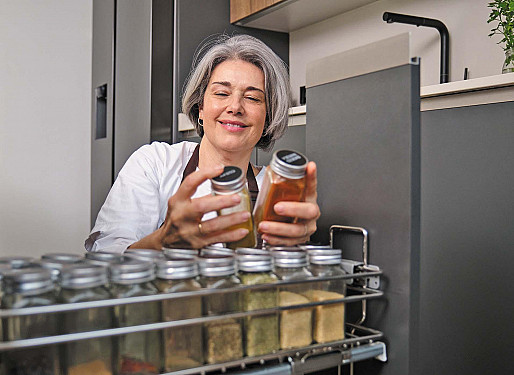Rethink your food and drink: Choices that may affect diabetes risk

If someone you know has been diagnosed with type 2 diabetes, you might be wondering about how you can lower your own risk. Fortunately, multiple studies have shown that many of the same healthy eating choices that can help your friend or loved one control their diabetes can also help you prevent it. The exact relationship between eating specific types of foods and the risk of developing diabetes remains somewhat controversial. But the study findings are consistent with what experts consider to be healthy eating habits for most adults.
So, if you're interested in lowering your risk of type 2 diabetes, it can't hurt to try getting more of the foods and nutrients that can lower your risk — and to avoid those that can raise it.
Lower risk
Fiber. Men and women who eat lots of whole grains have up to a 40% lower risk of diabetes than those who eat scarce amounts. Fiber from cereals, breads, and grains seems to be the most beneficial.
Coffee. The number of health benefits associated with drinking a couple cups of coffee per day keeps growing. Lowering your risk of diabetes is just one of them.
Moderate alcohol consumption. Drinking a little alcohol may decrease your risk of type 2 diabetes. For example, men who have an average of one drink per day develop diabetes less often than teetotalers.
Nuts. Eating nuts at least five times a week is associated with a decreased risk of developing diabetes compared with rarely eating them. But keep the portions small — nuts have lots of calories.
Higher risk
Sugary drinks. Women who drink two or more sugar-sweetened soft drinks per day have a 24% higher risk of developing diabetes, compared with women who sip less than one per month. Two or more daily fruit drinks (which contain little, if any, real fruit juice) lead to a 31% higher risk.
Meat. Women who eat the most red meat (about one serving per day) have about a 20% higher risk of diabetes than those who eat the least (about one serving a week). And men who eat processed meats like hot dogs, bacon, and lunch meats five times a week are nearly twice as likely to develop diabetes as men who eat such foods just twice a month.
Trans fats. Trans fats have been linked to a higher risk of both diabetes and heart disease. One study documented a 30% increased risk of diabetes among women who ate the most trans fats, compared with those who ate the least.
For more about dietary changes you can make to prevent type 2 diabetes (or control it, if you have it), buy Healthy Eating for Type 2 Diabetes, a Special Health Report from Harvard Medical School.
Disclaimer:
As a service to our readers, Harvard Health Publishing provides access to our library of archived content. Please note the date of last review or update on all articles.
No content on this site, regardless of date, should ever be used as a substitute for direct medical advice from your doctor or other qualified clinician.















